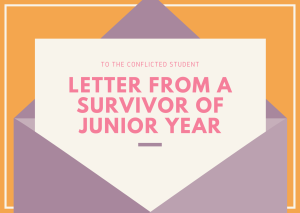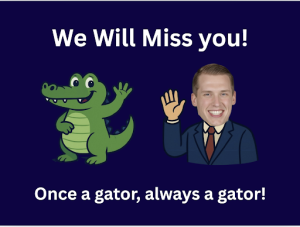Banning Books
September 19, 2022
This week, September 18th-24th, is national banned books week. Book banning is a form of censorship that has been pressured within our government to suppress ideas and information that they disagree with. Novels are challenged and banned more frequently each year in school systems, censoring content and keeping students from learning important lessons.
Common complaints targeting book banning include those containing graphic violence, sexually explicit situations or language, topics unsuitable for specific age groups, offensive language, or other controversial material. In Tennessee, the McMinn County Board of Education voted to remove the Pulitzer Prize-winning graphic novel, Maus, from an eighth-grade module on the Holocaust because of nudity and curse words. Another example is the Mukilteo School District in Washington State, in which the school board voted to remove To Kill a Mockingbird from the ninth-grade curriculum at the request of staff members. Their reasons included arguments that the novel marginalized characters of color, celebrated “white saviorhood,” and used racial slurs dozens of times without addressing their derogatory nature. To Kill a Mockingbird is not required in schools anymore, but it remains on the district’s list of approved books, so many teachers can still make the choice to assign the novel.
Banning books is a problem for a multitude of reasons. Firstly, banned books show us subjects that are realistic and timely. These novels are relatable, meaning students often discover characters that are going through the same things they are, making the books impactful. Examples of these topics include grief, assault, bullying, identity, and prejudice. Books that contain these would be, for instance, To Kill a Mockingbird or The Outsiders. Without books that show us issues we face in the real world, or how to overcome these challenges, students are warped into books that do not prepare them to face the negative factors in their lives.
Another reason why we need to hold onto these books is because they get students talking about controversial issues. Reading a banned novel helps students develop their own opinions. On top of this, the exploration of these issues through different characters brings students to contemplate moral views. Not only can they rediscover their own experiences through other characters, but they’re also given the opportunity to discover other people’s experiences, building empathy and compassion.






